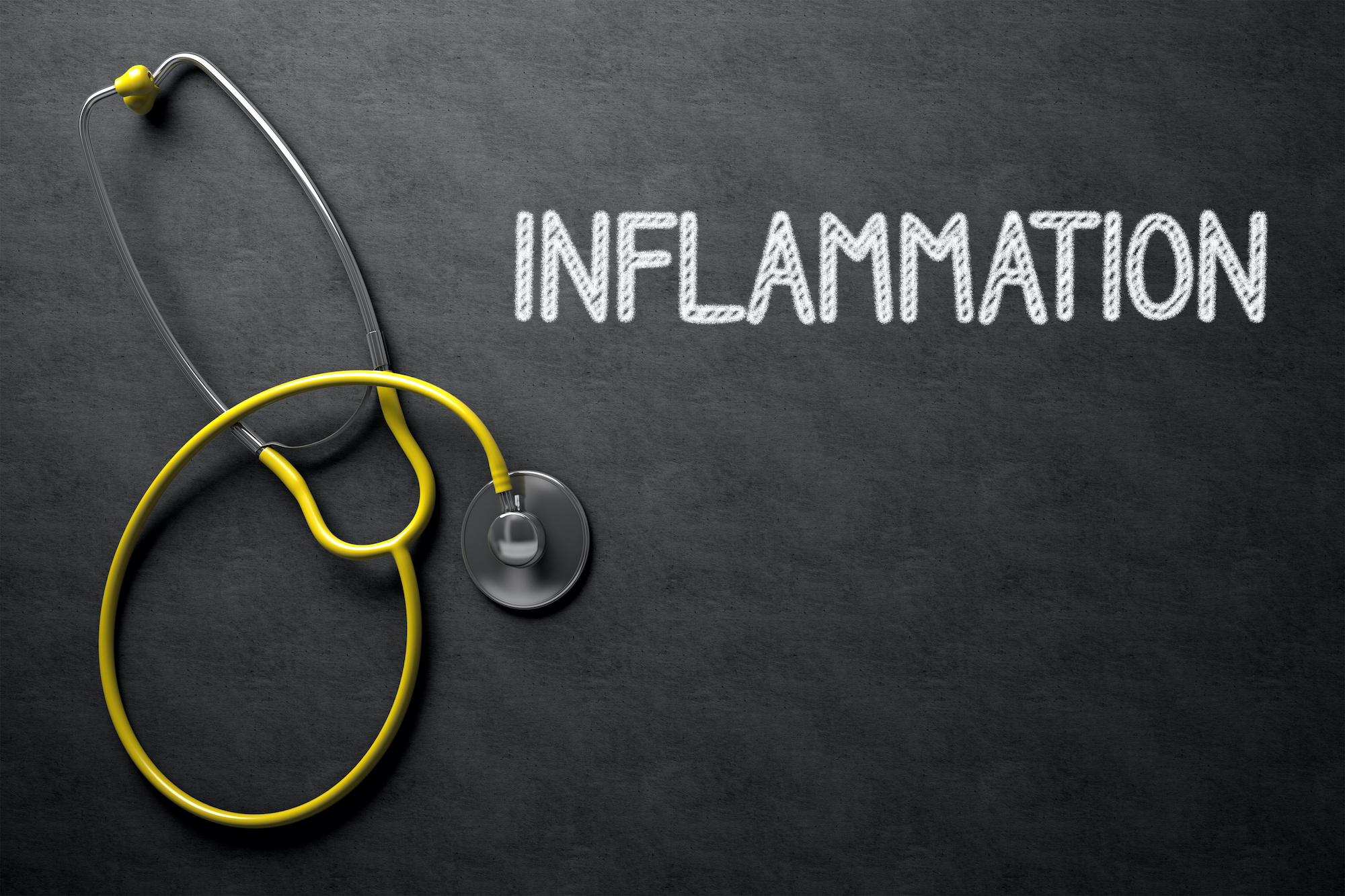31 Best Wellness Retreats For 2022
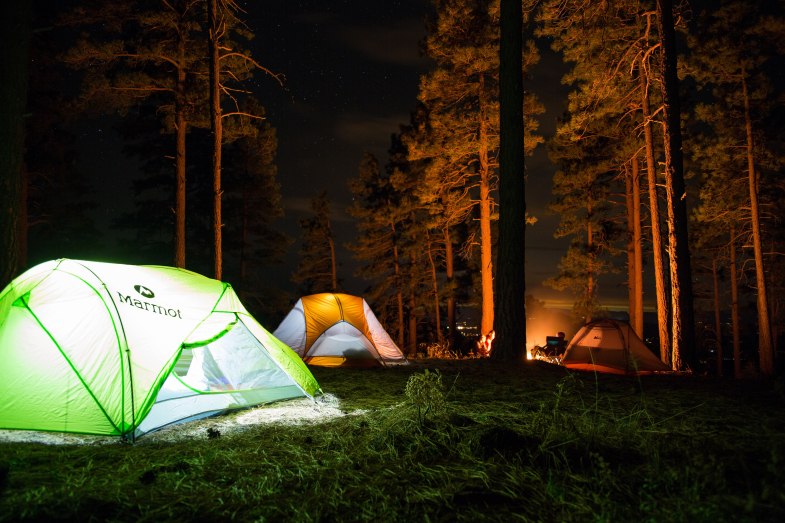
Though we have been in one of the most uncertain and stressful times since the Second World War, the need for a wellness retreat is something humans have sought for millennia. Whether stepping out of day-to-day responsibilities or adversity, cultures of all times and places on the earth have seen the benefit of taking a break from giving and striving to take time to receive and recalibrate physically, emotionally, mentally, and spiritually.
It was a sanctified personal investment whose benefits were returned to the family and community tenfold. Vision Quests, Pilgrimages, Monastic Retreats, Contemplative solo time, and later Health Spa visits are all part of this generative reset. This was all before the fast-paced, plugged-in world we live in now.
Since the last recession 2008-2010, Globalization has increased the length of the workday, with the need to work with teams across a spectrum of time zones and travel for meetings sometimes 1-2 times per week. And, as our digital tools have provided us with a plethora of apps and platforms on which to stay connected (at work and home), we rarely have a moment to pause and breathe. Work hours in Canada and the USA have gone up an average of 2 hrs per day with working from home since the Covid pandemic.
What used to be time to listen to a podcast or rock out to our favorite FM channel during our commute to and from has turned into compulsive extra time on the computer. Ironically, the inundation from the communication prompting pocket tools has lowered our actual efficiency. It’s not just the working from home interruptions of family, pets, and the refrigerator during the Covid pandemic that has diminished our focusing capability; it’s been a downward trend since the cell phone.
We have been “redlining” our personal metabolic tachometers for two decades, and it’s showing up as chronic workplace “burnout.” Thankfully, wellness retreats can help alleviate burnout and get you back on track.
Signs That You NEED a Wellness Retreat
Life is often chaotic, busy, and so hectic that you find yourself mere inches from total burnout. Yet you continue to keep on going, frantically trying to keep up with your schedules and daily demands, so busy with life that you’re blind to the impending exhaustion.
Generally, numerous factors indicate that you’re nearing the precipice of burnout. Some of the common signs may include:
- You feel drained mentally
- You feel overwhelmed
- You don’t have the energy to work or go to school
- You don’t enjoy your favorite things or things you previously looked forward to
- You struggle with focusing and being mindful
- It’s been a long time since you went on a vacation
How a Wellness Retreat Will Help You Feel Fresh, Mindful & Alive Again!
A wellness retreat is often the perfect solution to an impending burnout. You can visit a retreat for varying lengths of time, ranging from a single day to a short weekend to a week or so. The beauty of wellness retreats is they seamlessly combine a much-needed vacation with “me-time.”
You don’t need to worry about anything going on in your everyday life, whether that’s an upcoming deadline, stress at work, overwhelming feelings surrounding work, family difficulties, or any other stressor in your life. A retreat focuses on the health and well-being of you. They help you feel fresh and invigorated again by teaching you to focus, be mindful, and take time for your personal health.
31 Best Wellness Retreats That You Can Choose From
If you feel like you’re in dire need of a wellness retreat, you have an abundance of options to choose from. To make it easier for you to choose, we’ve compiled 31 of the best wellness retreats in various locations so you can select the retreat that is best for you.
-
Mountain Trek’s Fitness Retreat & Health Spa
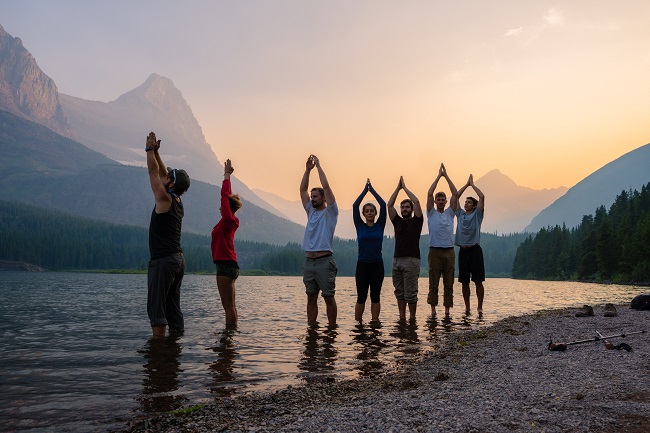
Mountain Trek’s British Columbia retreat is an all-inclusive lodge designed to reset your wellness. It includes full amenities that help alleviate stress, detox, and get fit while in one of the most beautiful places on Earth.
The amenities include a yoga room overlooking a scenic lake and mountains, an outdoor spa, an indoor spa, a living area with a fireplace, a full gym, a large dining room, a private bedroom, daily housekeeping, guided hikes, and much more. The retreat is nestled between the Purcell Mountain range and Kootenay Lake in BC.
Cost: $6,100 per week for single-week stays, $5,795 per week for two-week stays (all-inclusive)
-
Skyterra Wellness Retreat

Located in Pisgah Forest, North Carolina, the Skyterra Wellness retreat focuses on healthy, sustainable lifestyle changes that you can incorporate into your everyday life. Their program meshes self-care, weight loss, nutrition, fitness and mobility, stress management, and more.
The combination promotes your overall wellbeing, both body and mind. You can choose from a wide variety of activities, including workout classes, spa services, mindful discussions, yoga, and hiking.
Cost: $3,675 per week
-
Ayurveda Renewal
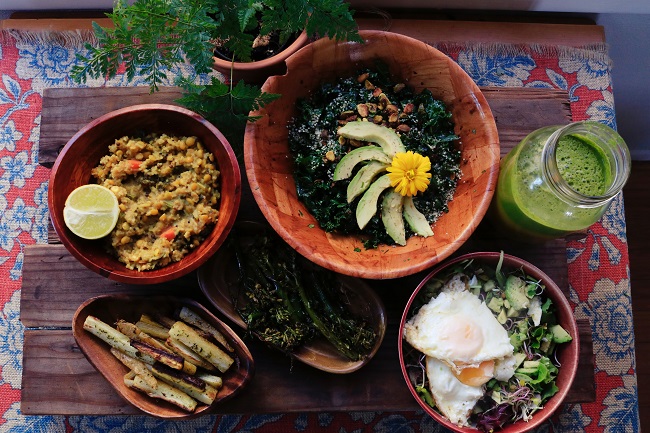
The Ayurveda Renewal is located in Aurora, New York, and offers people a respite from the busyness of life. The charming getaway is open year-round and offers numerous different programs.
One of the four-day options, the Gift of Wellness program, incorporates mocktail-making classes, customized tips for improving your wellness journey, fitness consultations, nature meditations, massage therapy, restorative yoga, and balanced, custom meals concocted by executive chef Eric Lamphere.
Cost: $3,500 per person for four days
-
YO1

Located in the heart of the Catskills Mountains in Monticello, New York, YO1 offers various services to align your body, mind, and spirit. The name YO1 is derived from the Sanskrit word “Yovan,” which translates to youthful and the quest for attaining everlasting youth.
The retreat sits on an expansive landscape of greenery, promising a serene, relaxing experience among nature. YO1’s spa offers various services, ranging from reiki energy healing to Ayurveda massage.
Cost: $224 per person per night
-
Mayflower Inn & Spa
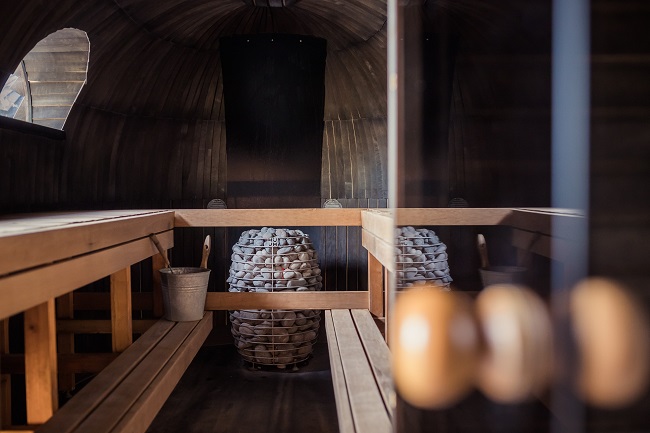
The Mayflower Inn & Spa, located in Washington, CT, seats guests in the lap of luxury. The inn rests on 58 acres of exquisite gardens and woodlands, an oasis just two hours out of the bustling rush of New York City.
Guests can enjoy various activities, from hiking throughout the picturesque meadows and wetlands to relaxing spa treatments. Spa treatment options are plentiful, including choices like sound healing, breathing classes, and massage.
Cost: $730 per night per person
-
Sensei Lāna‘i Resort

Spend five days relaxing in paradise at the Sensei Lanai Resort located in Lanai, Hawaii. The oceanfront retreat provides its guests with ultimate relaxation and a stunning view. Guests can participate in yoga, mediation, tai chi, and flexibility classes.
The resort also offers various other activities, including a Zen sports experience featuring golf or tennis customized to their interest and skill level.
Cost: $6,675 for 5 nights, Optimal Wellbeing Program
-
The Lodge at Woodloch

The Lodge at Woodloch, located in Hawley, Pennsylvania, neighbors the family-friendly Woodloch Resort. The lake view property prioritizes guest health, going as far as to ban the use of electronic devices in public spaces. Considering how many of us stare at a screen for work, time away from electronic devices is beneficial.
Guests can relax in the Aqua Garden Hydromassage WaterWalls, indoor activity pool, or whirlpools. There are numerous hot tubs across the resort for a warm, muscle-relaxing soak. Classes are plentiful and inclusive, ranging from painting to terrarium-building to yoga.
Cost: $500 per night per person
-
The Lake House on Canandaigua

Encompassed by peaceful waterfalls, wineries, and stunning landscapes, this retreat offers wellness healing in a stunning location. Guests can partake in various wellness activities and experiences, ranging from guided meditation sessions to candlelit yoga classes.
The hotel offers a signature restaurant, a destination spa, an outdoor pool, and a timber frame event barn. Guests can choose from rejuvenating spa treatments, including therapeutic massage and advanced skincare treatments.
Cost: $322 per night per person
-
EUPEPSIA

This wellness sanctuary is nestled on 250 acres in Virginia’s Shenandoah Valley. The programs focus on helping guests reconnect with their bodies, energy, emotion, mind, and spirit. Guests can choose from various holistic programs that target multiple bodies, such as ultherapy, a natural facelift therapy.
Guests may also choose to incorporate hydrotherapy, hot stone therapy, floatation therapy, and more throughout their stay.
Cost: $1,979 per week
-
Chablé Yucatan
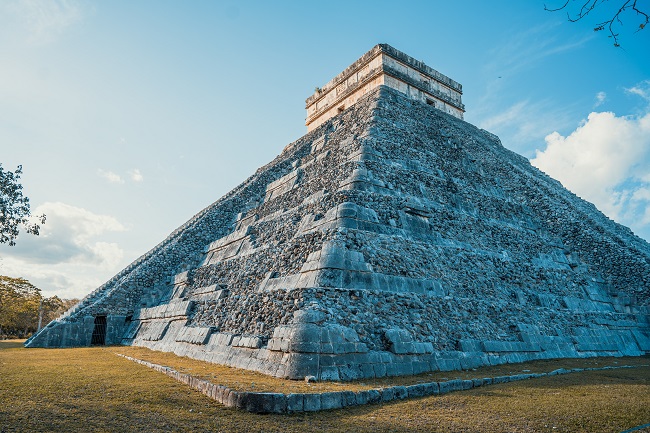
This secluded resort, surrounded by the jungle, is located on the Yucatan Peninsula. The focus of the experience falls to the spa, which is built into a cenote (a natural sinkhole, which the Mayans consider a sacred spiritual gateway).
Each guest receives a personalized program, courtesy of the resort’s resident shaman and the spa director. Programs may include various activities, such as yoga in the cenote, chakra treatments, detoxifying massages, walking meditation, or astrology consultations.
Cost: $5,625 for 5 nights
-
Bodyholiday Saint Lucia
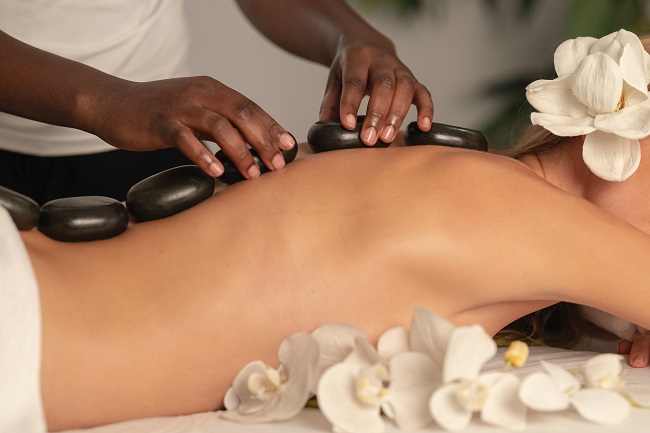
The Bodyholiday resort is located in Saint Lucia and supports four base pillars: diet, exercise, restorative beauty, and relaxation. Spa treatments target these four categories, treating guests to various relaxing, restorative services.
Programs feature all-inclusive rates covering a daily 50-minute spa treatment, various on-site activities, personal concierge services, healthy food, and beverages. Additional fees apply if guests stay in the luxury villas and incorporate customized spa treatments, retreats, and meals.
Cost: $1,309 per night
-
The Lodge, British Columbia

The Lodge fitness retreat and health spa is located in the beautiful forests of British Columbia. The modern timber frame lodge rests comfortably among the stunning environment flanking its walls and is the perfect place to reset your wellness among nature.
Guests enjoy luxurious private rooms, an outdoor spa area, an indoor spa area, a gymnasium, and a dining room overlooking the grounds. Guests can book their stay anywhere between April and October.
Cost: $5,900, all-inclusive one-week stay for one person
-
Castle Hot Springs
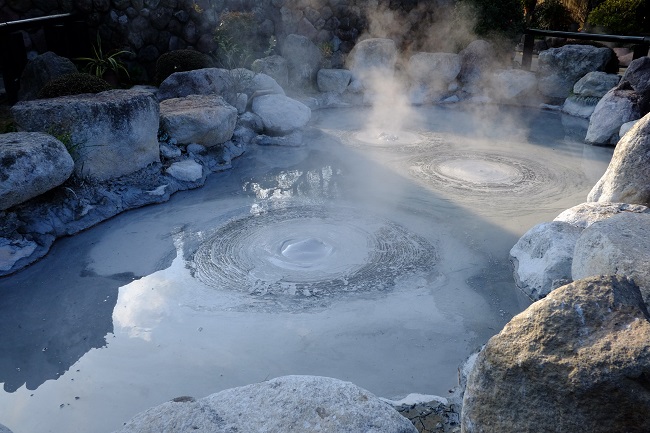
Tucked in the Bradshaw Mountains in the Sonoran Desert, roughly an hour from Phoenix, this luxurious resort has remained a popular choice among the rich and famous. Although it was closed for 40 years, it reopened in 2019.
Guests can enjoy the mineral-rich, 115-degree hot springs, a range of fun activities, like yoga and ATV tours throughout the surrounding land, and decadent, farm-to-table cooking. Spa service options are abundant, ranging from personalized massages to various energy therapies.
Cost: $450 per night
-
L’Auberge de Sedona

Nestled in Sedona’s breathtaking red rock canyons, alongside the banks of Oak Creek, sits L’Auberge de Sedona. Guests can benefit from the skilled team of practitioners and healers who can guide them through a five-day, four-night experience.
Guests can also benefit from various coaching tools and activities that enable them to make intentional and sustainable changes to their overall health and well-being long after they finish their stay at the L’Auberge.
Cost: Starting at $823 per night
-
Crestone Mountain Zen Center

This resort is an excellent place to recharge. Situated with views of the picturesque mountains of Crestone, Colorado, this resort offers top-notch accommodations. Guests receive three vegetarian meals delivered to their room each day and choose from various activities, such as meditation, personal yoga, and tai chi.
Nature trails, located a stone’s throw away from guest accommodations, are perfect for guests interested in healing in nature.
Cost: $150 per night, minimum of 4 nights
-
The Reeds at Shelter Haven

The Reeds at Shelter Haven offers guests abundant spa services for the ultimate relaxing experience. The Salt Spa treatment menu features a blow-out bar, makeup application studio, nail care studio, waxing and tanning services, and a decked-out fitness center.
Guests can also incorporate various facial treatments, flotation therapy, massages, and the like into their schedules to boost their rejuvenating experience.
Cost: Rates start at $174 per night, not including treatment services
-
Carillon Miami
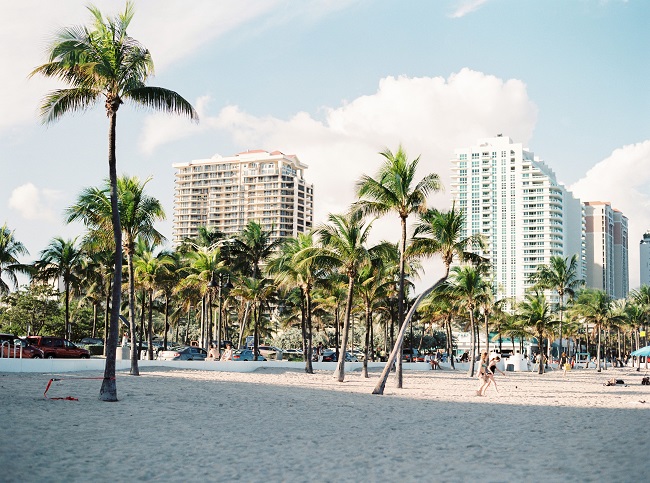
As the name implies, this resort is located in Miami, Florida. It boasts the Eastern Seaboard’s largest spa and wellness facility, with spacious rooms and floor-to-ceiling windows. Top medical and wellness experts are available to assist guests.
Guests can choose from countless treatments, from private fitness classes to spa treatments.
Cost: Starting at $399 per night
-
The APPALACHIANS

Every year, during November and March, guests have the chance to stay at the award-winning lodge nestled in the Appalachian mountains. The views from the lodge are exceptional, featuring the deep bluish hue of the mountains and lush, green forests dipping into valleys.
The retreat is all-inclusive, incorporating various exercises and activities to promote physical and mental health.
Cost: $5,900 per person per week
-
Park Hyatt Aviara

This exquisite luxury resort in San Diego, California, recently underwent a dramatic transformation that revamped its health and wellness offerings. The new selection includes VeraVia, an all-inclusive health and wellness retreat.
The resort specializes in weight loss, fitness, stress management, nutrition, spiritual healing, rejuvenation, behavior, and lifestyle changes.
Cost: $642 per night
-
Lake Austin Spa Resort

This stunning property is situated right on Lake Austin in Texas. Guests enjoy beautiful scenery, including shoreline views stretching into hills shrouded with sycamores, maples, and oaks. The resort itself is peacefully secluded, allowing guests to savor their respite from the monotony of everyday life.
Guests can choose from a lengthy list of spa treatments spread across the 25,000 square foot spa that features hot tubs, saunas, whirlpools, and treatment rooms. Participate in activities ranging from spin classes to drumming to forest bathing.
Cost: starting at $625 per person per night
-
Fivelements Retreat Bali

This eco-friendly resort, located in Bali, Indonesia, incorporates various sacred arts and Balinese healing traditions to promote the wellness of each guest. Guests can enjoy deep bodywork, meditation, energy movement, and so on. The property is serene, surrounded by lush gardens and tropical ponds.
Cost: Starting at $94 per night
-
Cal-a-Vie

Open year-round in sunny Vista, California, this 500-acre health spa offers many classes and activities to entertain guests. The spa is designed with a French Provencal retreat in mind, featuring antique furnishings, lavender fields, and stone fireplaces.The guests are outnumbered by staff at a 5:1 ratio, ensuring outstanding service. Guests can choose from over 160 fitness classes and activities, spa treatments, and guest lectures.
Cost: Starting at $3,595 per person, 3-night minimum
-
Sweetgrass Inn
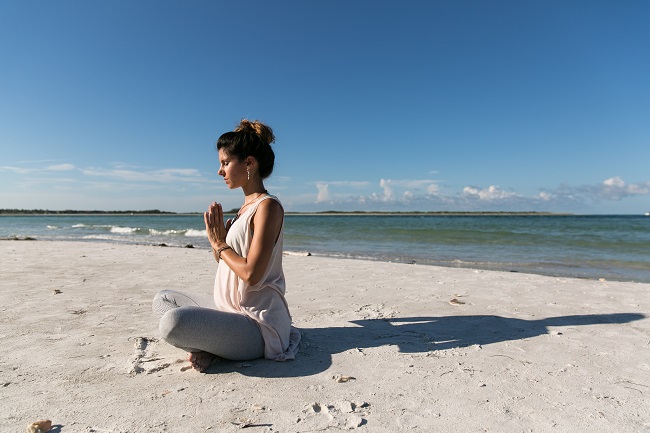
Hilton Head Health, a resort that also earns a place on our list, opened the Sweetgrass Inn, which is located in South Carolina and focuses on health and well-being. The inn offers several health and wellness programs, and guests can participate in fitness classes, daily meditation, healthy cooking demonstrations, and outdoor activities, such as beach yoga and kayaking.
Cost: $295 per night
-
Lake Tahoe

The Lake Tahoe Mountain Villa sits in an ideal location, perfect for breathtaking panoramic views and easy access to Lake Tahoe’s best hikes. Guests can partake in a refreshing experience focusing on both body and mind during September and October.
The all-inclusive price includes meals and snacks, morning yoga, guided hikes, health workshops, spa time, a trio of 50-minute therapeutic massages, and movement classes.
Cost: $6,400 per person per week
-
Mii Amo

Flanked by the rich, russet rocks of Sedona, Arizona, Mii Amo promotes the ultimate relaxation experience. Guests partake in “Mii time,” which focuses on shifting one’s awareness to your own being. Mii time comes in several different forms, including listening to meditations and lectures, participating in a private consultation, or listening to a live series with a group.
Guests may also choose to incorporate various spa services into their stays, such as body treatments, massage, fitness, and skin care services.
Cost: $3,869 per person for four days
-
Azure Palm Hot Springs Resort & Day Spa Oasis
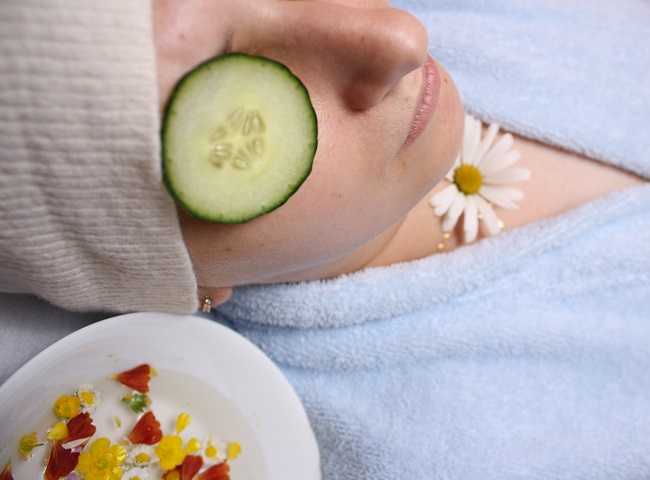
Relatively new on the scene, the Azure Palm Hot Springs Resort and Day Spa Oasis sits in Desert Hot Springs, California, and is open year-round. Guests can soak in the area’s geothermal fresh-flowing mineral pools while enjoying the stunning backdrop of the San Jacinto Mountains.
The resort offers various massages, body treatments, and facial therapies. Guests can participate in five or seven-day cleansing, juicing, and fasting retreats throughout the year.
Cost: Starting at $228 per night
-
Rancho La Puerta

This picturesque retreat, open year-round, is located in Tecate, Mexico. The retreat is tucked back on a 4,000-acre preserve, allowing guests to relax in the calming essence of nature.
Rancho La Puerta’s programs revamp your entire approach to self-care. They promote self-healing through various medicinal plants and a meditation labyrinth. In addition, the program seamlessly incorporates stunning sunrise hikes, various scheduled activities, and eco-programs at a sustainable farm.
Cost: $4,650 for one week
-
Rancho Valencia Resort & Spa

Open year-round, this resort and spa is located in Rancho Santa Fe, California. Guests benefit from the experience of the team of preventative medicine and epigenetics specialists, who assisted in developing the resort’s Wellness Collective program.
The program features various themes that target different things, such as Movement and Fitness, Sleep and Respite, Nutrition and Detox, or Stress and Balance. The option you choose determines what your schedule looks like, whether that is a daily private fitness session, a meditation session, or a lymphatic drainage massage.
Cost: $1,049 per night
-
The Art of Living Retreat Center

Located in the Blue Ridge Mountains in North Carolina, this retreat center offers a great lineup of programs to promote the wellness of its visitors. Guests can pick from various programs that incorporate yoga, meditation, and Ayurvedic detox.
Guests can participate in various classes, such as fire circles, hiking, pottery, and community singing.
Cost: $595 per person for a 3-day program
-
Rush Creek Lodge
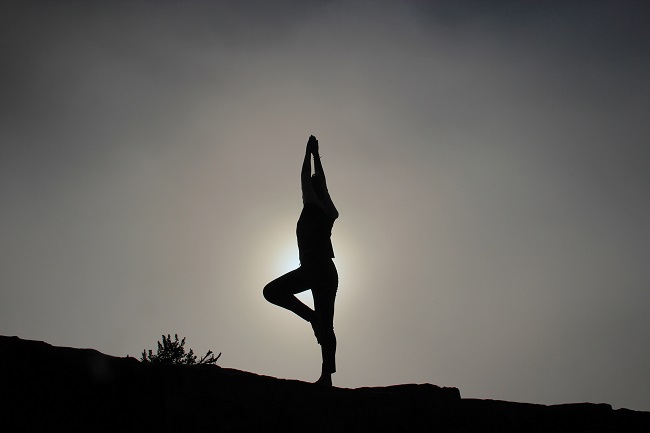
The Rush Creek Lodge, located in Yosemite, California, recently introduced Rush Creek Spa. The spa, open year-round, features various luxurious treatments in the indoor-outdoor facility, including warm waterfall coves, an aromatherapy steam room, cool mist showers, a granite waterfall hot tub, a Himalayan salt sauna, and a sensory room.
Cost: Starting at $264 per night
-
Hilton Head Health

This resort has garnered national recognition as the leading health and weight loss retreat. Situated on Hilton Head Island in South Carolina, it’s open year-round and offers a variety of treatments and activities to promote the health and wellness of each guest.
Programs incorporate a holistic weight loss approach that combines clean, healthy eating, fitness, and mindfulness.
Cost: Starting at $3,525 per week
Wrapping Up
When life becomes overwhelming, exhausting, or taxing, a wellness retreat is often precisely what you need. You may notice that you often sacrifice your physical and mental health in your daily life as you prioritize work, school, family, or any other factors in your life.
However, you may begin to notice adverse effects from your failure to prioritize your health over time. This is where a wellness retreat comes in: take a step back from your daily routine to focus on your overall health and well-being. You’ll leave feeling energized, empowered, and rejuvenated. And who doesn’t want that?
If you’re interested in booking an award-winning fitness retreat in British Columbia, contact our team at Mountain Trek today or find a date to book now here.





